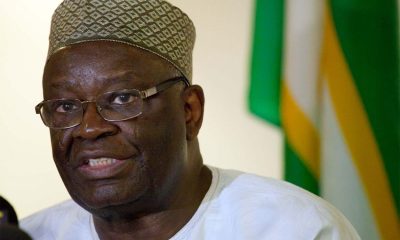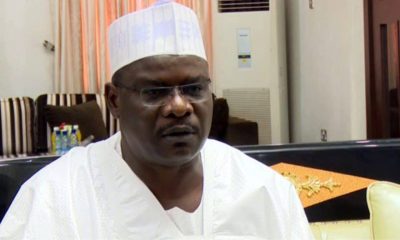Business
Private Investment Will Boost The Nigerian Economy – IMF


Nigeria, Others to Record 3.4 Percent Economic Growth – IMF
IMF Urges Nigeria To Build Investment Platforms
The International Monetary Fund has asked the Nigerian government to give more priority to attracting significant private investment that will drive domestic revenue mobilization to boost economic growth in Nigeria.
According to IMF’s country Senior Representative, Amine Mati, who gave suggestions during the IMF Spring 2018 Regional Economic Outlook for Sub-Saharan Africa says that the the latest Q1 2018 GDP growth rate of Nigeria at 1.95%, was within the IMF projection of 2.1% for this year.
Mr Mati also said about two-third of the countries in the region could experience the growth riding on the back of stronger global growth, higher commodity prices and improved capital market access.
The IMF country representative, however, said on current policies, average growth in the region was expected to decline below 4 per cent over the medium term
“Across countries, economic outcomes are far from uniform. Oil exporters are still dealing with the legacy of the largest real oil price decline since 1970 with growth well below past trends and rising debts,” he added.
He said there was need for prudent fiscal policy to rein in public debt, while monetary policy must be geared toward ensuring low inflation. He advised the countries to also continue to pursue structural reforms to reduce market distortions to increase private investment.
Mr Mati said this would strengthen revenue mobilisation to give governments the means to invest in physical and human capital as well as social infrastructure.
He, however, said domestic revenue mobilisation was one of the most pressing policy challenges facing sub-Saharan African countries. According to him, nearly all African countries are seeking to raise revenue to make progress toward their sustainable development goals while preserving fiscal sustainability.
“Despite substantial progress in revenue mobilisation, sub-Saharan Africa was still one of the regions with the lowest revenue-to-GDP ratio,” he said.












